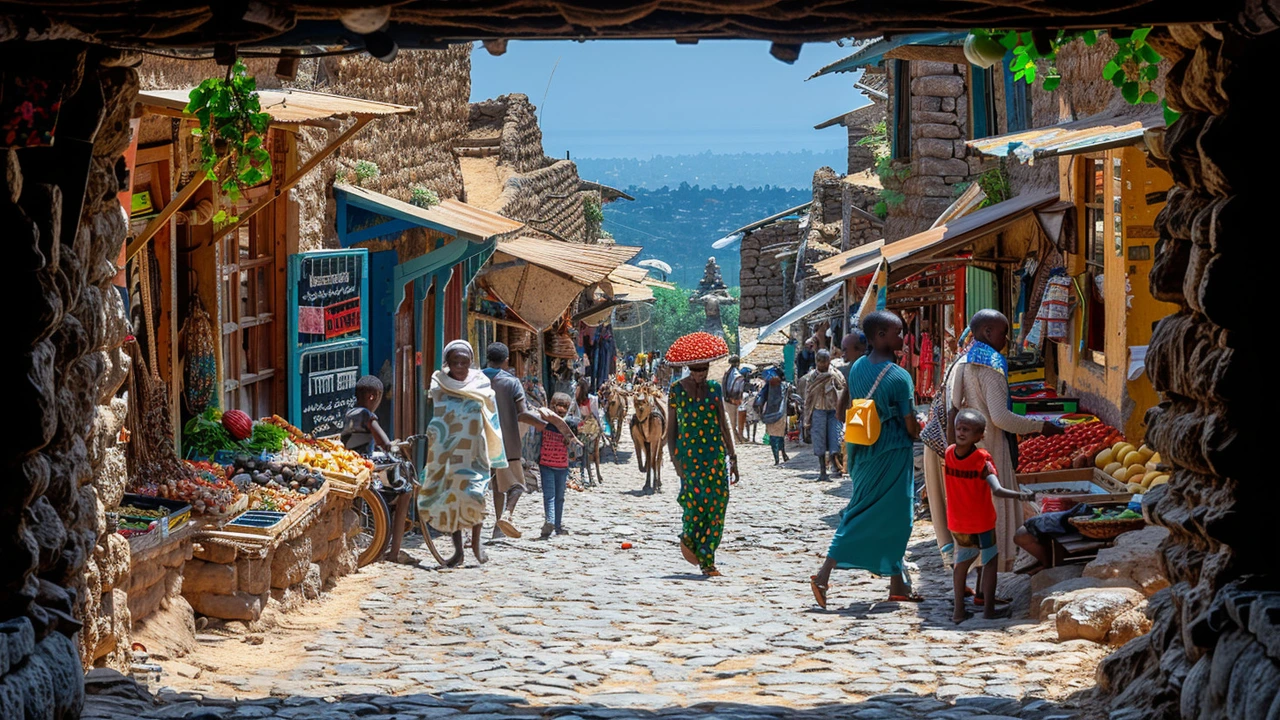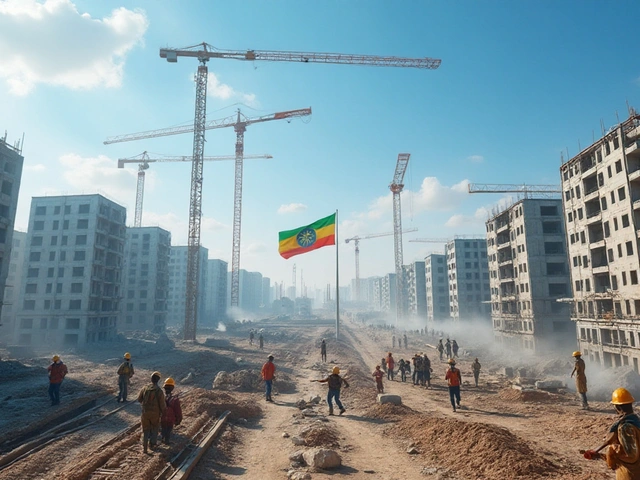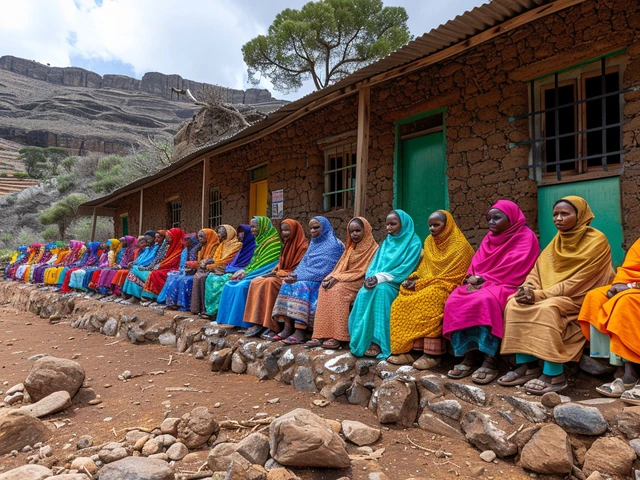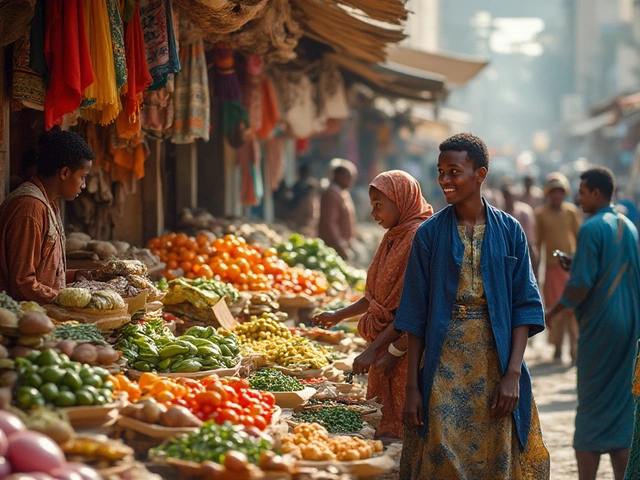Ethiopian Cities: Real Talk on Jobs, Housing, and Life
Curiosity about Ethiopian cities is at an all-time high, and for good reason. The urban landscape in Ethiopia is constantly changing, especially in cities like Addis Ababa, Dire Dawa, and Mekelle. People moving to these cities, or just thinking about it, always ask: what’s it really like to live, work, and make money here?
Let’s get straight to the stuff people care about. First up—jobs. Addis Ababa stands out as the hotspot for most careers. Professionals from across Ethiopia come here for better pay and more chances in sectors like finance, tech, construction, and education. However, cities such as Hawassa, Bahir Dar, and Gondar are quickly catching up, thanks to government investments and new industries popping up. If you’re exploring job opportunities, tech and manufacturing are booming, and there’s always a need for skilled professionals in healthcare and education.
Salaries in Ethiopian cities can swing wildly based on your industry, experience, and where you are. Expect higher pay in Addis or Dire Dawa compared to smaller towns. For context, a pharmacist or IT worker in the capital likely earns far more than their cousin teaching in a rural area. But here’s a catch—while salaries might be higher, costs in big cities go up too. Housing, groceries, and transportation can eat into that paycheck. Renting a place? Expect the best deals outside downtown. Suburbs around Addis are more affordable and often quieter, but you’ll commute longer.
Speaking of housing, Ethiopians love variety. You might find yourself in a modern condominium, a classic tukul, or anything in between. Building standards depend a lot on city size and investments. Addis Ababa is seeing condo booms and new high-rises, but local styles and community living still shape most neighborhoods. Want the lowest rent? Keep an eye on new districts or smaller cities like Jimma and Dessie—less demand can mean more for your money.
Safety and lifestyle are big questions, especially for newcomers and expats. Addis Ababa is usually safe in daytime and busy neighborhoods, but like any city, there are areas to avoid after dark. Local advice beats internet rumors every time. Public transport options are growing, with new buses and even light rail in the capital. Other cities rely on minibuses, which are cheap and get you almost anywhere if you’re patient.
Don’t forget the language factor. Amharic is the go-to in Addis and most cities, but plenty of regions speak Tigrinya, Afaan Oromo, or Somali. Knowing a local language opens up job options and helps you settle faster. Plus, you’ll impress folks at the small shops and markets where most real life happens.
Internet and tech access differ by city size, but things are improving fast. Digital banking, online money-making gigs, and social apps like Tinder (yes, it’s a thing in big cities) are shaping daily life. If you want to earn online or bring in foreign cash, urban areas have the infrastructure you need—even if PayPal still isn't officially available for Ethiopians.
The bottom line? Ethiopian cities aren’t all the same. Pick your city based on your priorities—better pay, lifestyle, community, or just somewhere new to call home. Each urban spot has its own vibe and opportunities, so do your homework before grabbing your suitcase.





